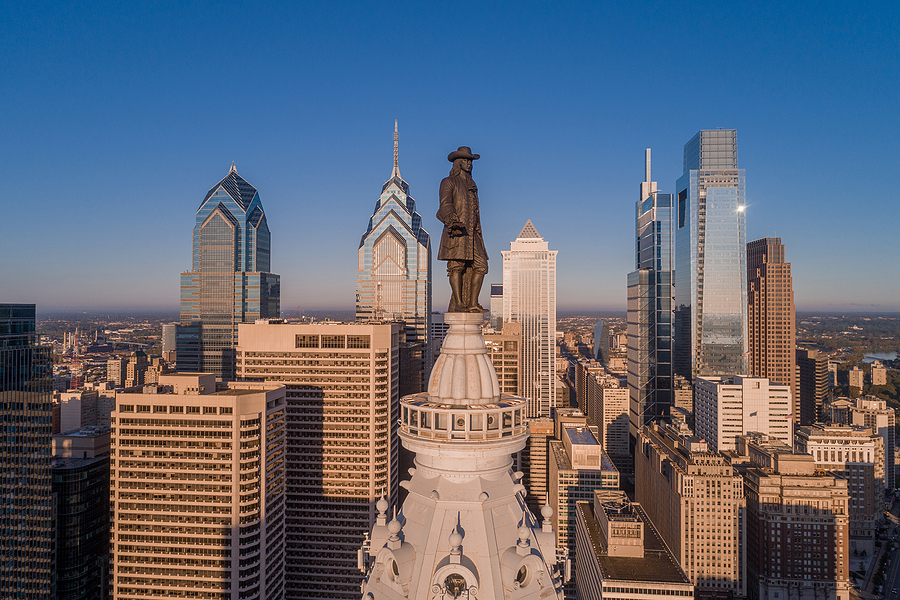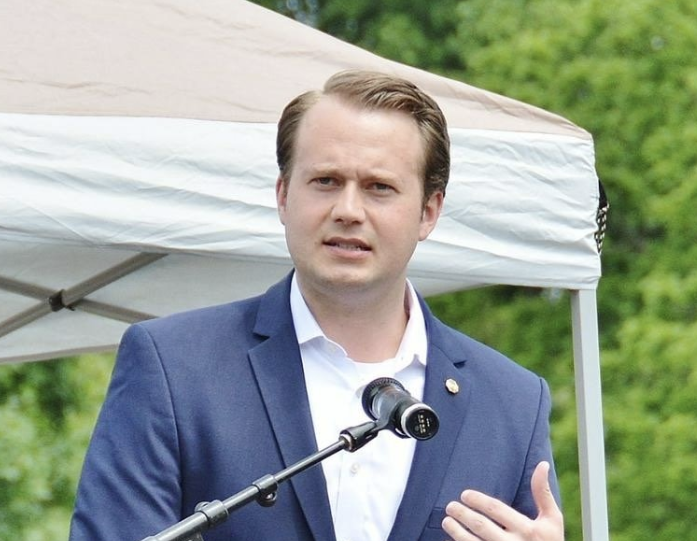Philly Fails to Make Top 20 Best Cities List; Fitch Gives A+ Rating

WalletHub is out with its list of best-run and worst-run cities.
Despite new Mayor Cherelle L. Parker’s promises of significant improvements, Philadelphia isn’t among WalletHub’s top 20 best-run municipalities.
The City of Brotherly Love ranked 138 out of 148 larger American cities.
WalletHub used six categories for its rankings: 1) Financial Stability, 2) Education, 3) Health, 4) Safety, 5) Economy and 6) Infrastructure & Pollution.
Additionally, the website calculated overall quality of services scores for each city. It also factored in the total budget per capita to determine a score per dollar spent index.
The top 10 cities were Nampa, Idaho; Lexington-Fayette, Ky.; Boise, Idaho; Nashua, N.H.; Oklahoma City, Okla.; Durham, N.C.; Provo, Utah; Fort Wayne, Ind.; Sioux Falls, S.D.; and Wichita, Kan.
Philadelphia also has the unfortunate label of “America’s poorest big city,” with poverty at 22.8 percent, according to Pew Charitable Trusts.
“The best-run cities in America use their budgets most effectively to provide high-quality financial security, education, health, safety and transportation to their residents. Many of the top cities also have a very low amount of outstanding government debt per capita, which can prevent financial troubles in the future,” said Cassandra Happe, WalletHub analyst.
City officials say not so fast.
Joe Grace, communications director for Parker, said the city’s credit rating was recently upgraded to A+ by Fitch Ratings. He pointed out the higher rating will decrease the cost of borrowing for the city, and Parker agreed.
“I am delighted by the news that the City of Philadelphia’s credit rating has been upgraded to “A+” – our highest group of credit ratings in decades,” said Parker. “This upgrade is the product of the hard, sustained work of every member of our finance and budget teams, including the Treasurer’s Office, Finance Director Rob Dubow, and everyone on these teams. It’s also the result of our improving pension fund, which is 62.2 percent funded, its highest level in two decades. Our economy is diverse and improving – another positive indicator. Higher credit ratings mean lower interest costs when Philadelphia borrows money, a savings for taxpayers. This credit rating upgrade proves that we’re moving in the right direction in Philadelphia.”
Philadelphia Treasurer Jackie Dunn added, “We are pleased to see our commitment to the city’s fiscal health recognized through this latest rating action. The city’s financial management team has really focused on making critical investments, building reserves, and improving the health of our pension fund.”
Grace said, “We’ll stand on these rankings from Wall Street any day of the week.”
However, Philadelphia also ranked near the bottom, 72 out of 75, for cities ranked for how well they’re run by Truth in Accounting.
That organization found the city needs $11.2 billion to pay bills and has a taxpayer burden of $20,400 per taxpayer. Meaning if all bills were to be paid in one year, that’s how much each taxpayer would owe. Truth in Accounting gave Philadelphia a grade of “F.”
While things had improved somewhat due to federal COVID relief dollars, the city’s pension debt increased due to the poor performance of its investments, Truth in Accounting said on its website. The city set aside only 62 cents for every dollar owed in pensions and only 14 cents for every dollar owed for retiree healthcare costs, according to Truth in Accounting. Philadelphia has $8.6 billion in unfunded pension liabilities, the organization noted.
Please follow DVJournal on social media: Twitter@DVJournal or Facebook.com/DelawareValleyJournal





